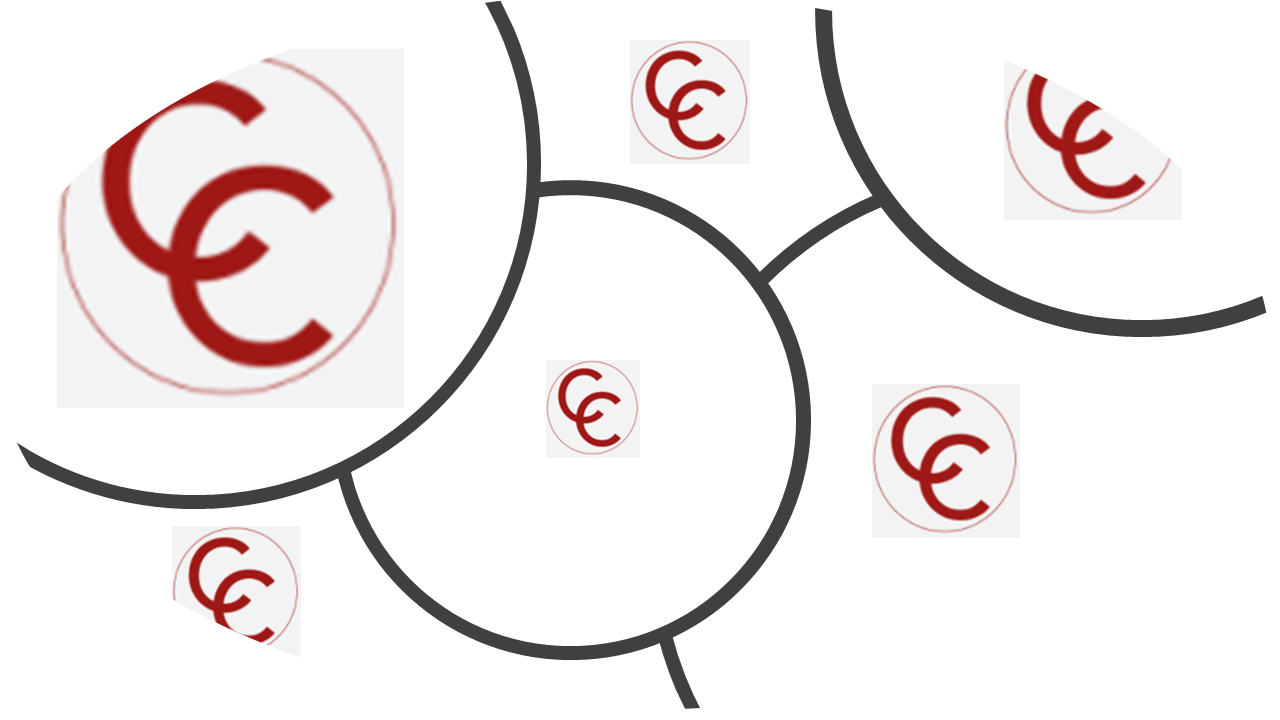If you’re looking for a new job, then you’ll probably have to take part in an interview to get it. With an average of only 6 people being interviewed (Glassdoor), the competition for every vacancy is fierce. So if you do get invited for an interview, you’ll want to be sure that you represent yourself in the best possible way. These tips for interview techniques could help improve your chances of doing that, and of being offered the job.
Develop a Positive Mindset
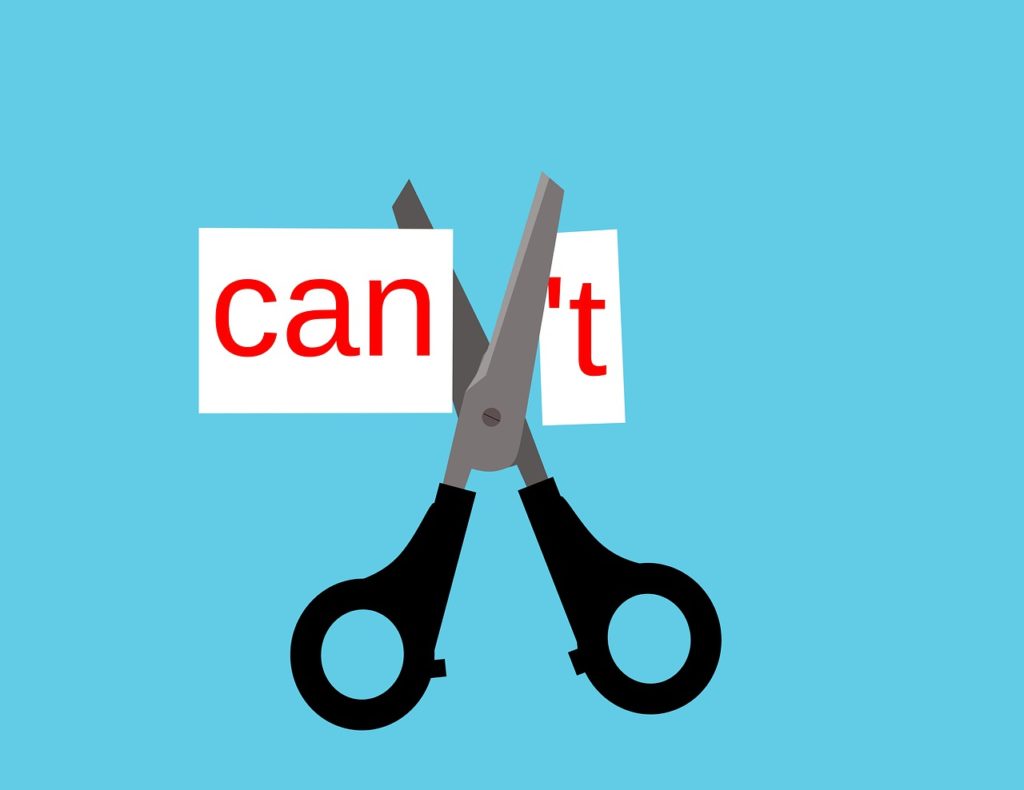
- Given the competition for jobs, you’ve done really well to get an interview. This should give you a big confidence boost
- The potential employer has recognised that you have skills and experience that they think their organisation needs. Use this as a starting point to build a positive mindset
- Thinking positively and being confident will come across to the interviewer. If they see that you’re a confident person who believes in themselves, they’re more likely to believe in you too. Interviewing a confident candidate is a much easier task for an interviewer. It can also help to give more weight to your answers than those from someone who is nervous
Plan and Prepare
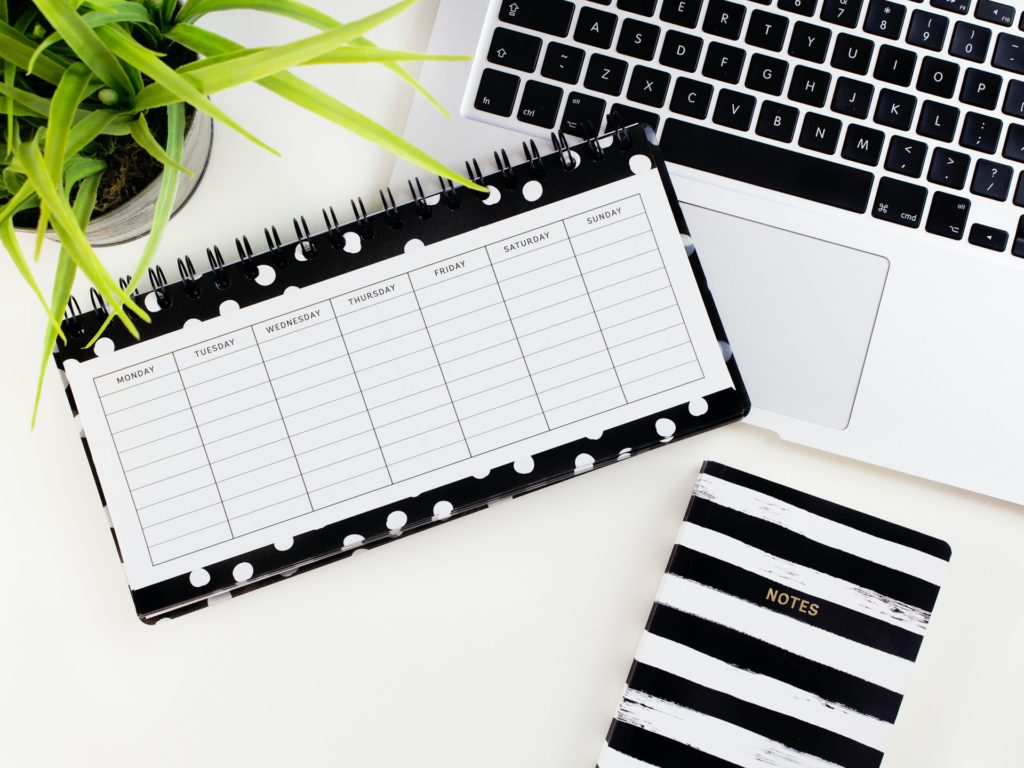
- Really understand the job. You’ll already have thought about how your skills and experience match the job description and essential criteria in the person specification when you applied for the job. Take some time to remind yourself about these. Think in more detail about how you would apply these in practice to the role
- Know your strengths and weaknesses. It’s usually easier to think about positive things to tell your interviewer than discuss things that you’re not so good at. Make sure you’ve thought about where you need to develop and how you plan to address these areas
- Do your research on the organisation so you can show that you’ve got a real interest. Interviewers will want to be convinced that it’s not just any job that you’re looking for, but that you really want to work for their organisation
- Prepare some answers based on the job description and person specification. If it’s a competency based interview, think of examples of times when you’ve demonstrated those competencies. Also, think of questions to ask the interviewer because this will help you to know if the job is for you and shows that you’re really interested in the company too
Get Warmed Up
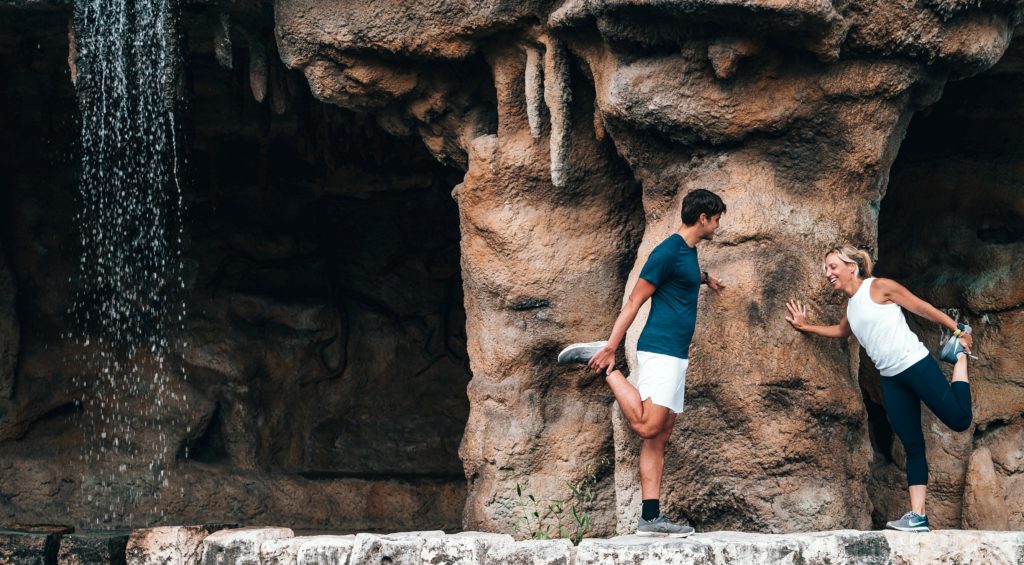
- Energy levels can drop with more limited social interaction and if you’re not working, you may be missing being part of a team. Mentally walk through the format of the interview and remind yourself of the key points you want to get across
- Try to be a little excited. Look on your interview as a great opportunity to sell what’s unique about your skills and experience
- If it’s a virtual interview, make sure you dress as you would if the interview was face to face. Looking smart and wearing clothes you would usually wear for work will help to get you mentally into work mode
Be Confident and Build a Rapport

- Even if you don’t feel as confident as you’d like, make sure you appear confident to the interviewer. First impressions are really important in any interview whether they’re face to face or virtual
- As soon as you can, build a relationship with your interviewer, even if it’s small talk about the weather before the interview starts. Remember that anyone you have communication with during the recruitment process will form an opinion of you, so always try to make a good impression
- Virtual interviews can make it harder to build rapport, but even on a telephone interview, smiling and really listening to the interviewer will help you to make a positive connection with them
Take Your Time and Answer the Questions

- Take your time and really listen to the question. Make sure you answer the question you’re being asked, not the one you think should be asked
- If you’re not sure about the question, don’t worry about asking for it to be repeated, or to get clarification. If it helps, write the question down so you can check that you’re answering it properly
- Don’t panic if your mind goes blank. It can happen to anyone! If you’ve built up a good rapport with the interviewer, you can make a small joke of it. Checking your notes can help get you back on track. Once you’ve dealt with the situation don’t let it affect the rest of the interview
Mock Interviews
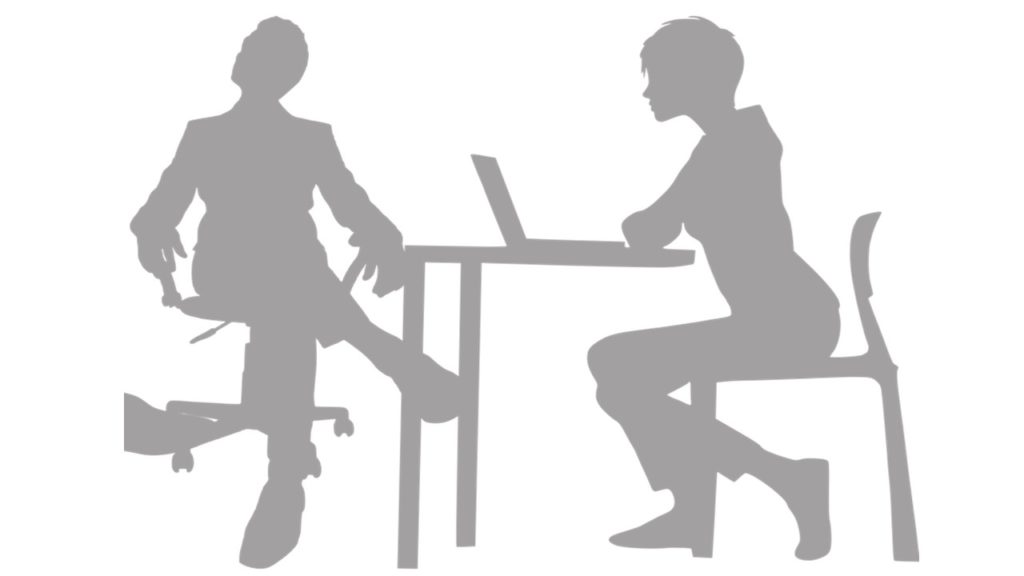
A mock interview is a great way to practice using these tips for interview techniques in a safe environment and to get feedback on what you’re doing well and things you could improve. Especially, if you haven’t taken part in an interview for a while, and your skills are a little rusty.
If you’ve found these tips for interview techniques useful and would like to put them into practice with a mock interview, please get in touch.
